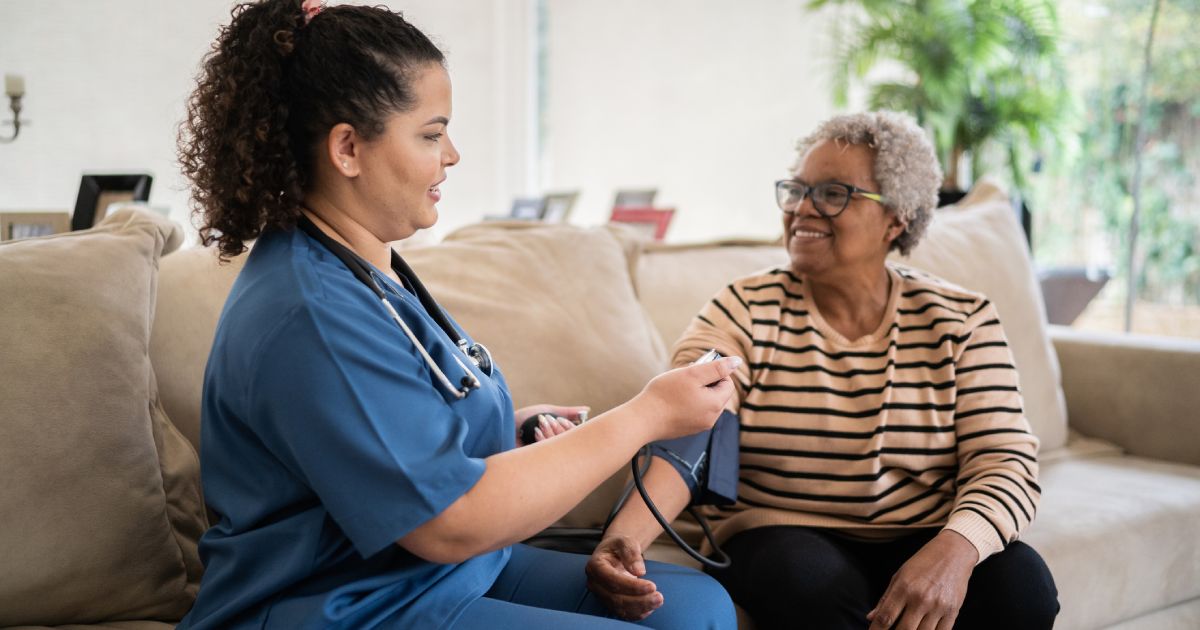Project Overview
To provide flexible analytic and technical support that drives evidence-based decision making for the Office of Behavioral Health, Disability, and Aging Policy (BHDAP).
With ready access to timely analyses and technical support, BHDAP can use evidence to improve policies and programs that support the well-being of people with mental health and substance abuse disorders, people with disabilities, and older adults.
- Mission Analytics
- Hoover Behavioral Health
- Oak Evaluation LLC
U.S. Department of Health and Human Services, Office of the Assistant Secretary for Planning and Evaluation
Mathematica serves as a partner to ASPE’s Office of Behavioral Health, Disability, and Aging Policy (BHDAP), leading a variety of analytic and technical assistance tasks to help ASPE address high-priority topics and pressures facing health care systems and the populations they serve.
This project leverages Mathematica’s experience in a range of quantitative and qualitative methodologies as well as our subject matter expertise in the fields of behavioral health, substance use disorder, aging, and disability.
Activities conducted through this project include policy analyses, environmental scans, case studies, technical expert panels, briefings, and a variety of other quantitative, qualitative, and survey analyses. To date, analyses have included the following:
- Innovative 988 Crisis Service Systems for Children, Youth, And People with Disabilities. This study explored innovative state 988 systems that have established partnerships beyond law enforcement and emergency medical services to provide crisis services to special populations, including children, youth, people with intellectual and developmental disabilities, and older adults with neurocognitive disorders. We conducted case studies of five innovative states (Connecticut, Georgia, New Jersey, Pennsylvania, and Virginia) and developed an issue brief that highlights their approaches and the challenges to and facilitators of this work. Mission Analytics and Mighty Oak Evaluation LLC supported this work.
- Understanding the Optimal Balance of Using Telehealth and In-Person Services to Support Adults with Serious Mental Illness (SMI) and Children with Serious Emotional Disturbance (SED). To support BHDAP in understanding the optimal balance between telehealth and in-person care, we conducted an environmental scan and focus groups with mental health providers, adults with SMI, and children with SED about factors that influence decision making and experience with treatment modality. The study culminated in an issue brief that highlights key findings from the focus groups as well as recommendations to support future decision making on the use of telehealth and in-person care among these populations.
- School-Based Behavioral Health Services in a Post-COVID Era. This study is identifying promising practices states and local educational entities have used to sustain school-based behavioral health services using federal grants and entitlement funding. The study includes an environmental scan of school-based mental health grant, program, and evaluation materials as well as key informant interviews with federal, state, and local informants. We will build on the scan’s findings at a technical expert panel that will focus on action steps for policymakers. Hoover Behavioral Health provides subject matter expertise for this study.
- Implementation of Mobile Opioid Treatment Program (OTP) Units. We are conducting an environmental scan and key informant interviews to help BHDAP understand how OTPs have implemented mobile medication units as well as the barriers to and facilitators of implementation. We are also exploring other opportunities to expand access to OTP services in underserved communities, such as rural areas.
Evidence & Insights From This Project

Innovative 988 Crisis Service Systems for Children, Youth, and People with Disabilities
This brief describes innovative state approaches to providing crisis, stabilization, and recovery-oriented supports and services for children, youth, and people with disabilities through the integration and partnership of crisis services systems with other service systems. The brief describes partnerships and strategies of five states (Connecticut, Georgia, New Jersey, Pennsylvania, and Virginia) that have focused on developing crisis services for these populations.
Learn MoreRelated Staff
See Clearly. Act Quickly.
From local to global challenges in health, human services, and international development, we’re here to improve public well-being and make progress together. Learn more about becoming a Mathematica client or partner.
Work With Us









